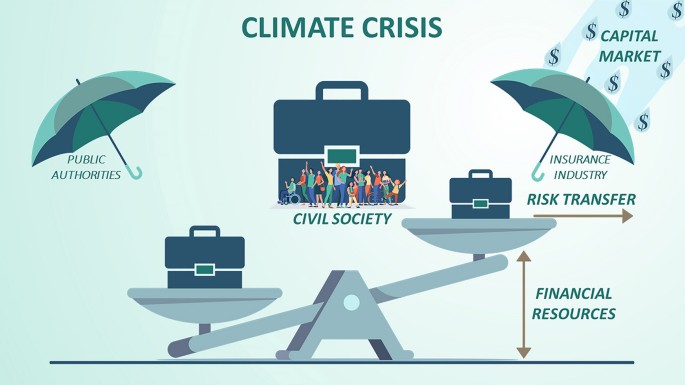Remote work has reshaped the professional landscape, offering flexibility, autonomy, and the ability to work from virtually anywhere. But with this shift comes a new set of challenges, especially when it comes to insurance. Traditional workplace protections don’t always extend to home offices or co-working spaces, and remote workers—whether freelancers, contractors, or full-time employees—need to think differently about how they safeguard their health, income, and professional liability. Insurance for remote workers isn’t just a box to check; it’s a strategic tool for managing risk in a decentralized work environment.
Health insurance remains a cornerstone of protection, but remote workers often face more complexity in securing coverage. Employees working remotely for large companies may still have access to group health plans, but freelancers and independent contractors must navigate individual marketplaces or private insurers. The challenge lies in finding a plan that balances affordability with comprehensive care. Remote workers who travel frequently or live abroad may need international health insurance that covers treatment across borders. Others might benefit from telehealth services, which have become increasingly popular and accessible, offering virtual consultations that fit seamlessly into a remote lifestyle. The key is to choose a plan that reflects your mobility, your health needs, and your financial situation.
Income protection is another critical consideration. Remote workers don’t always have access to paid sick leave or disability benefits, which means an illness or injury can quickly disrupt cash flow. Disability insurance provides a safety net, replacing a portion of income if you’re unable to work due to a covered condition. This is especially important for freelancers and gig workers who rely solely on their ability to produce and deliver services. Short-term policies might cover a few weeks or months, while long-term options extend for years. Having this coverage in place allows remote workers to focus on recovery without the added stress of financial instability.
Liability insurance is often overlooked but increasingly relevant in a remote work context. Professionals who provide advice, design, or technical services may be exposed to claims of negligence or errors. If a client alleges that your work caused financial harm, professional liability insurance—also known as errors and omissions coverage—can help cover legal fees and settlements. This type of protection is particularly important for consultants, developers, writers, and designers who operate independently. Even if you’re working under contract for a company, you may still be liable for your deliverables, and having your own coverage ensures that you’re not left vulnerable.
Cyber insurance is becoming a must-have for remote workers who rely on digital tools and platforms. Working from home or public networks can expose sensitive data to breaches, phishing attacks, and malware. Cyber insurance helps cover the costs of data recovery, legal liability, and even public relations efforts if client information is compromised. For example, a freelance marketer who stores client data on a cloud platform could face serious consequences if that data is hacked. Cyber coverage not only mitigates financial risk but also demonstrates professionalism and a commitment to data security.
Homeowners or renters insurance may offer limited protection for business equipment, but it’s often not enough for remote workers who use high-value tools. A separate business property policy can cover laptops, monitors, cameras, and other gear against theft, damage, or loss. This is especially important for those who travel or work in shared spaces where risks are harder to control. Some insurers offer riders or endorsements to existing policies, while others provide standalone coverage tailored to remote professionals. Ensuring that your equipment is protected means you can work confidently without worrying about unexpected setbacks.
Remote workers who travel frequently should also consider travel insurance with business-specific coverage. Standard travel insurance may cover trip cancellations and medical emergencies, but business travel policies can include protection for lost or damaged equipment, missed meetings, and even liability while working abroad. For digital nomads and location-independent professionals, this type of insurance is essential. It allows you to maintain continuity and professionalism, even when working from different countries or regions.
Choosing the right insurance as a remote worker involves assessing your unique risks and responsibilities. It’s not just about what you do, but how and where you do it. A graphic designer working from a home studio faces different risks than a consultant who travels internationally or a developer working from a co-working space. Understanding these nuances helps you build a coverage portfolio that aligns with your lifestyle and professional goals. It’s also worth consulting with an insurance broker who understands the remote work economy and can help you navigate the options.
As remote work continues to evolve, so too will the insurance products designed to support it. Insurers are beginning to recognize the diversity of remote professionals and are offering more flexible, modular policies that adapt to changing needs. This is a welcome shift, as it empowers workers to take control of their protection and plan for the future with confidence. Insurance isn’t just a safety measure—it’s a form of self-care and a signal of professionalism. It allows remote workers to focus on what they do best, knowing that they’re covered if things go wrong.
Ultimately, insurance for remote workers is about resilience. It’s about acknowledging that while remote work offers freedom, it also requires responsibility. By investing in the right coverage, remote professionals can build sustainable careers, protect their assets, and navigate uncertainty with clarity and confidence. Whether you’re just starting out or have been working remotely for years, taking the time to understand and secure appropriate insurance is one of the smartest moves you can make. It’s not just about protecting your work—it’s about protecting your way of life.




